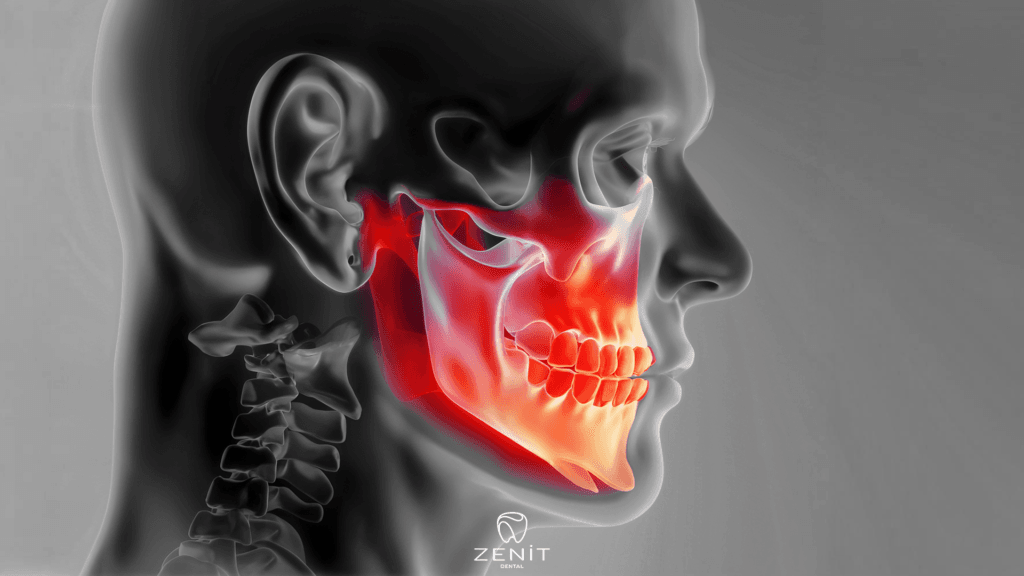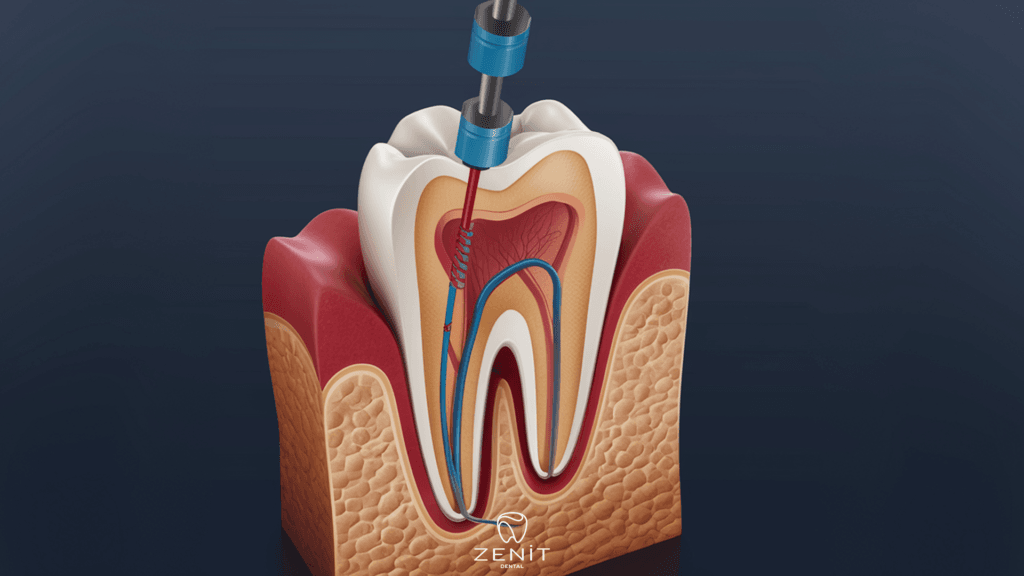Teeth Paining While Drinking Water
If you suddenly experience tingling in your teeth while drinking cold water or tea, you may have tooth sensitivity. Let’s take a look at what you need to know about tooth sensitivity;
Tooth sensitivity is a condition in which teeth react to hot, cold, sweet or sour foods and drinks. This may occur due to reasons such as erosion of tooth enamel or receding gums. The main cause of tooth sensitivity is thinning or damage to tooth enamel. When the outer layer of tooth enamel wears away, the dentin layer underneath the tooth is exposed, which can cause sensitivity. Additionally, receding gums can also lead to tooth sensitivity because the root of the tooth is exposed and this area also becomes sensitive.
Tooth sensitivity can negatively affect daily life. You may feel pain and discomfort, especially when consuming hot or cold foods and drinks. This may cause you to change your eating or drinking habits, which can negatively affect your eating habits.
Tooth sensitivity is generally a treatable condition. Treatment options include toothpastes containing fluoride, special toothpastes recommended by the dentist, fluoride applications, dental protective coatings and gum grafts. Additionally, your dentist may apply bonding or varnish, a thin layer that covers your teeth, to relieve tooth sensitivity.
How to Treat Tooth Sensitivity
- Using the correct brushing technique: Use a soft-bristled toothbrush to brush your teeth and avoid using too much pressure. Applying excessive force can damage tooth enamel.
- Using toothpastes containing fluoride: Fluoride can help reduce tooth sensitivity by strengthening tooth enamel.
- Avoiding acidic foods and drinks: Acidic foods can erode tooth enamel and increase tooth sensitivity. Therefore, it may be beneficial to limit acidic drinks and foods or use a straw when consuming them.
- Having regular check-ups with your dentist: By checking your teeth regularly, your dentist can detect potential problems early and take treatment measures.
- Taking care of your oral health: Gum disease can lead to tooth sensitivity, so it’s important to floss regularly and protect your gums.
Causes of Tooth Sensitivity

- Tooth Enamel Wear: As a result of wear or damage to the tooth enamel, the dentin layer under the tooth is exposed and may cause sensitivity.
- Gum Recession: Gum recession may cause the root of the tooth to be exposed and this area to become sensitive.
- Excessive Brushing: Improper or excessively forceful brushing can damage tooth enamel and cause sensitivity.
- Acidic Foods and Drinks: Acidic foods and drinks can erode tooth enamel and increase sensitivity.
- Teeth Clenching and Grinding: Teeth clenching or grinding can lead to wear of tooth enamel and therefore sensitivity.
Symptoms of Tooth Sensitivity
- Pain on Food and Beverage Consumption: Feeling of pain and discomfort when consuming hot, cold, sweet or sour foods and drinks.
- Discomfort While Brushing Teeth: Increased sensitivity during or after brushing teeth.
- Gum Sensitivity: Sensitive and swollen gums.
- Stinging and Throbbing: Stinging or throbbing sensation in areas where tooth sensitivity is experienced.
How to Treat Tooth Sensitivity
- Toothpastes Containing Fluoride: Fluoride can strengthen tooth enamel and reduce sensitivity.
- Toothpastes Recommended by the Dentist: Special toothpastes recommended by the dentist can relieve tooth sensitivity.
- Fluoride Applications: Fluoride applications applied by the dentist can strengthen tooth enamel.
- Dental Protective Coatings: Dental protective coatings can reduce tooth sensitivity and protect your teeth.
- Gum Graft: In case of gum recession, tooth sensitivity can be reduced with gum graft.

To Summarize
Tooth sensitivity is a condition in which teeth overreact to hot, cold, sweet or sour foods and drinks. This disorder may occur as a result of conditions such as thinning of the enamel layer of the teeth or gum recession. Tooth sensitivity can negatively affect daily life and reduce a person’s quality of life. However, it can be controlled by taking appropriate precautions and treatment.
It is important to visit the dentist regularly to reduce tooth sensitivity. The dentist can detect problems in your teeth and recommend appropriate treatment methods. Additionally, your dentist can perform regular scaling and check your teeth professionally.






